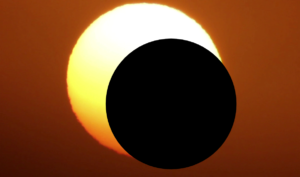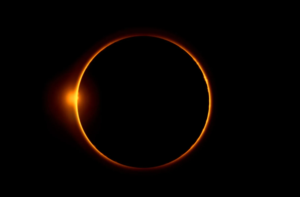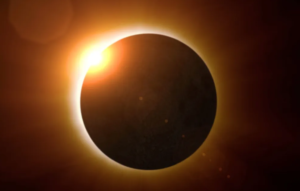As the total solar eclipse approaches on April 8, researchers are raising concerns about the increased risks it may pose on the roads. Insights from the 2017 total solar eclipse reveal a troubling spike in fatal car accidents during similar celestial events. An analysis conducted by the University of British Columbia and the University of Toronto suggests that the upcoming eclipse could lead to a significant uptick in road fatalities.

Dr. Donald Redelmeier, a professor at the University of Toronto and one of the study’s authors, highlighted various factors contributing to the heightened risks. These include increased traffic, travel on unfamiliar routes, speeding, driver distraction caused by the eclipse, and impairment from drugs or alcohol. Despite the wide array of potential causes, the statistics speak for themselves.

The research delved into traffic dynamics during the 2017 total solar eclipse, revealing a concerning trend. Over the three days surrounding the eclipse, there were 741 fatalities due to traffic accidents, averaging to a staggering 10.3 deaths per hour. In comparison, control days saw 7.9 fatalities per hour, indicating a 31% surge in fatal crash involvement during the eclipse period.

Dr. John Staples, a clinical associate professor at the University of British Columbia, stressed the importance of taking proactive measures to prevent potential disasters. He advised drivers to adhere to speed limits, minimize distractions, maintain a safe following distance, buckle up, and refrain from driving under the influence.
In light of these findings, it’s crucial for drivers to exercise caution and responsibility on the roads during the upcoming eclipse to avoid tragic outcomes.





